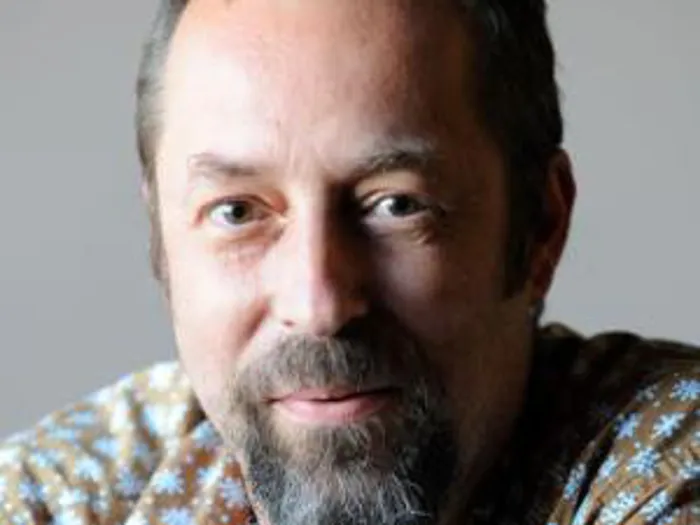Having different groups provides chance for oppression

Rory Williams Rory Williams
Rory Williams
An anthropologist could provide a more robust definition, but I think of my culture as the sum of what I believe, the technologies I use and what I do.
Cultural values affect our behaviour and influence whether we converse with fellow train passengers or spend the time on social media, whether we have cake on our birthdays, whether we enjoy camping, whether we exercise in a gym or on a bicycle trail, whether we spend Sunday mornings reading the newspaper, and whether we participate in the ritual slaughter of animals.
Our cities both reflect and create culture, by determining our behavioural options and how we are exposed to other beliefs and behaviours.
These interactions influence my personal culture.
Some of these things are acquired from whatever groups I belong to (religious, social, familial), but many of them I have adopted at different times in my life, and are fluid.
For six years I have spent Saturday mornings in coffee shops, writing this column. Writing in a public space has worked for me, and has become part of my culture.
But at some point I will move on to a different habit, either because I am no longer writing a Monday column or because my circumstances have changed, or because I’ve stopped drinking coffee.
I don’t think of myself as a journalist. Partly because I have never worked as a reporter, or been schooled in the gathering and writing of news; but also because I don’t want to be associated with whatever assumptions are made about the culture of journalists as a group of people.
This is not about my pride or public image. It’s about resisting boxes that limit how I see myself and what I am capable of.
When I was very young I had no awareness of group identity. I don’t mean I didn’t notice things like race – young children are observant – but I attached no meaning to the markers adults use to define groups.
Later, when I realised people define others based on group characteristics, I found it bizarre, as I wanted to be recognised for myself and had no desire for a group identity (other than as a member of my family).
In fact it angered me – and still does – when people gratuitously mention group characteristics, because it means I must fight to avoid internalising ideas about what Jews, or Muslims, or Americans, or blacks or gays are like.
This matters because it puts me at risk of prejudging anyone that I meet – of seeing them first through the filter of their group and only later as an individual. This is why we all contain the seeds of racism and other forms of oppression within us, because if we start with group identity it is hard to break through that to see the individual, and we act on our beliefs about the group.
My life experience – not some socio-political theory – has taught me to value groups and communities that I choose to join, without being defined by them. And of course, many of you will already have found me a neat little box based on what I have written, and despite what I have written. I am not stepping inside.
But there is a problem here. Despite South Africans having officially rejected the groupings that made racial oppression possible, and science having confirmed that racial classification is objectively absurd, we are told that we can’t ignore race if we are to address structural inequity and oppression. No matter how sincerely I may want to deny my race, it is a political reality.
I have to acknowledge that my circumstances of birth afford me certain advantages. But that is not enough. Somehow, if we are to remove the causes of anger and frustration, we need to navigate the race debate while recognising the different forms of identity that define us, whether we like it or not, in the eyes of others.
Someone recently told me he was suspicious of the “cult of individuality” because it sounds like a denial of group oppression. There is a difference, he says, between using race for oppression and redefining it in the manner of Steve Biko.
If people need group identities to avoid my cult, so be it. But as long as we have groups, there is the opportunity to oppress them. And many of our leaders seem hell-bent on making sure that t he most divisive forms of identity are perpetuated.
@carbonsmart